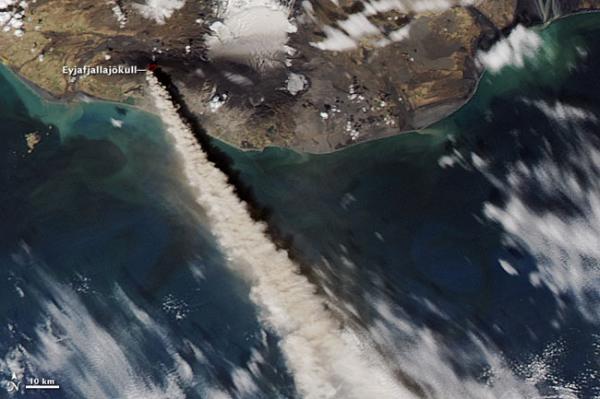
Volcanoes Could Trigger Bigger Climate Impact Than Thought

Get the world’s most fascinating discoveries delivered straight to your inbox.
You are now subscribed
Your newsletter sign-up was successful
Want to add more newsletters?

Delivered Daily
Daily Newsletter
Sign up for the latest discoveries, groundbreaking research and fascinating breakthroughs that impact you and the wider world direct to your inbox.

Once a week
Life's Little Mysteries
Feed your curiosity with an exclusive mystery every week, solved with science and delivered direct to your inbox before it's seen anywhere else.

Once a week
How It Works
Sign up to our free science & technology newsletter for your weekly fix of fascinating articles, quick quizzes, amazing images, and more

Delivered daily
Space.com Newsletter
Breaking space news, the latest updates on rocket launches, skywatching events and more!

Once a month
Watch This Space
Sign up to our monthly entertainment newsletter to keep up with all our coverage of the latest sci-fi and space movies, tv shows, games and books.

Once a week
Night Sky This Week
Discover this week's must-see night sky events, moon phases, and stunning astrophotos. Sign up for our skywatching newsletter and explore the universe with us!
Join the club
Get full access to premium articles, exclusive features and a growing list of member rewards.
Volcanic eruptions might affect Earth's climate more than thought by releasing far more weather-altering particles than scientists' suspected, new research finds.
To help tease out the influence of volcanoes on global climate, researchers investigated the huge eruption of the Eyjafjallajökull volcano in Iceland on March 20, 2010. They monitored the volcano's enormous plume, which spread all over Europe, from a research station in France.
The eruption rapidly ejected large ash particles into the atmosphere. The researchers then analyzed how many secondary particles this ash generated upon reacting chemically with other components of the atmosphere. The particles created from the eruptions were mostly composed of sulfuric acid and grew over time.
If sulfuric acid particles become large enough, they can behave as seeds for cloud formation. Clouds, in turn, can alter the amount and type of precipitation an area receives.
The atmospheric data the researchers collected during the Eyjafjallajökull eruption suggest that volcanic eruptions can release up to 100 million times more ash particles than thought. In addition, seeding particles can form at lower altitudes and farther distances from volcanoes than past studies had suggested.
"Most previous studies did not properly account for low-altitude impacts of volcanoes," researcher Julien Boulon, a physicist at the Laboratory of Meteorology Physics of the French National Center for Scientific Research and Blaise Pascal University in Aubiere, France, told OurAmazingPlanet.
The findings, detailed online today (July 11) in the journal Proceedings of the National Academy of Sciences, point to the potentially broader climate influence that volcanoes could have.
Get the world’s most fascinating discoveries delivered straight to your inbox.
This story was provided by OurAmazingPlanet, a sister site to LiveScience.

 Live Science Plus
Live Science Plus










